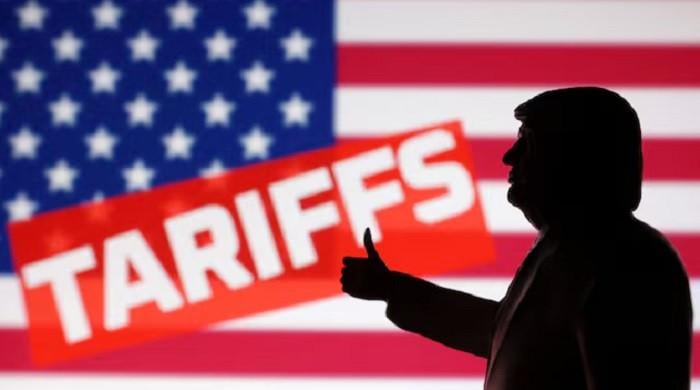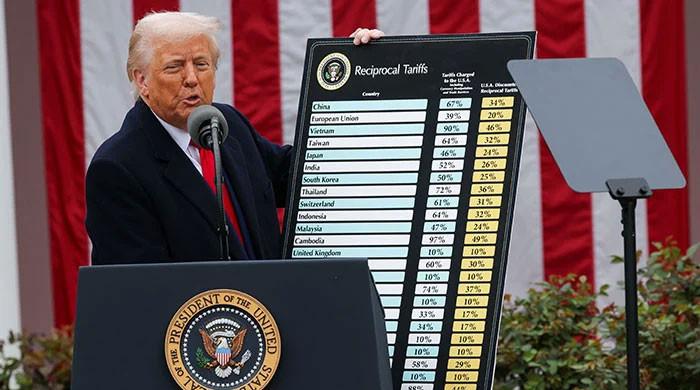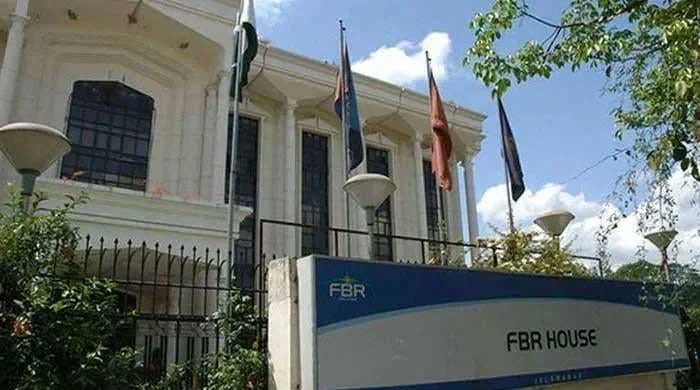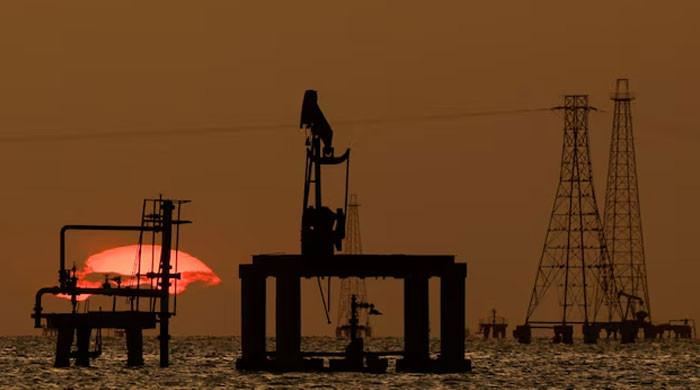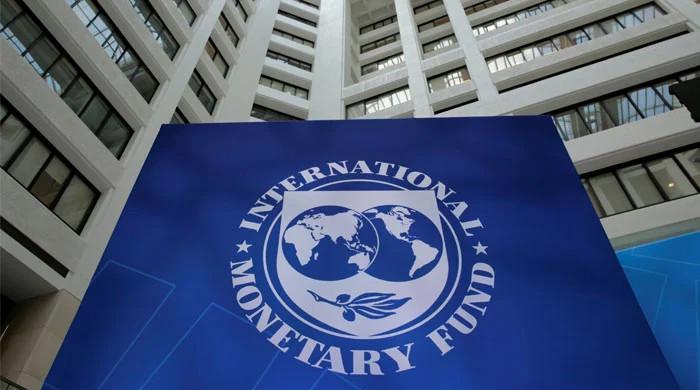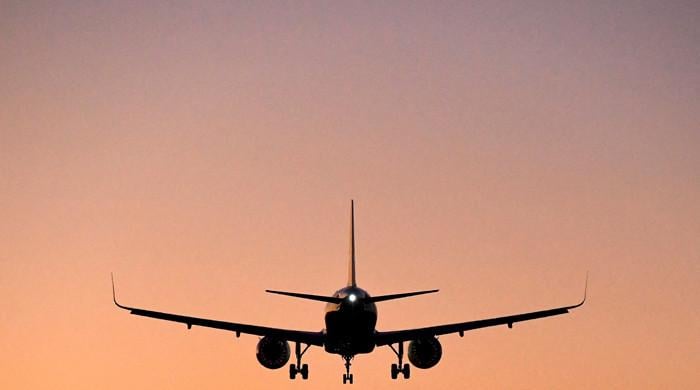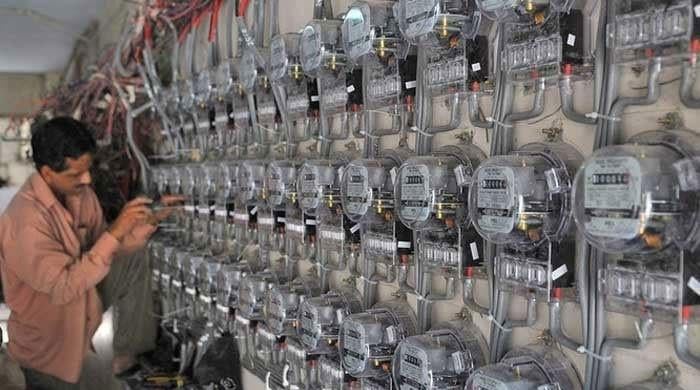Oil spikes as Russian supply disruptions increase amid sanctions
Brent crude futures rise by more than $8, touching a peak of $113.02 a barrel, the highest since June 2014
March 02, 2022
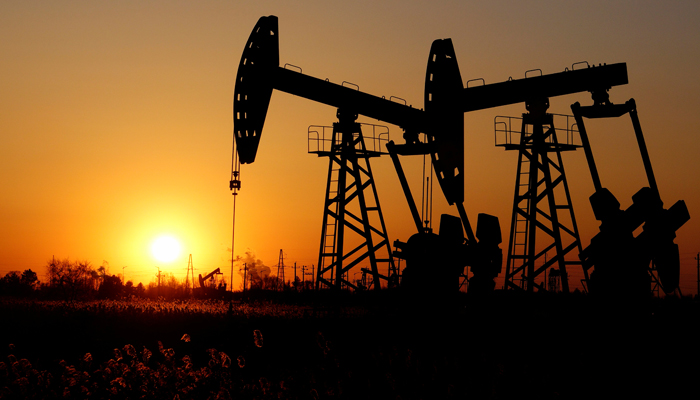
- Brent, WTI both rise $8 per barrel before cooling down.
- Sanctions, pullouts put the Russian oil trade in disarray.
- OPEC+ expected to stick to incremental supply release.
LONDON: Oil prices surged on Wednesday as supply disruptions mounted following sanctions on Russian banks amid the intensifying Ukraine conflict, while traders scrambled to seek alternative oil sources in an already tight market.
Brent crude futures rose by more than $8, touching a peak of $113.02 a barrel, the highest since June 2014, before easing to $111.53, up by $6.56 or 6.3%.
US West Texas Intermediate (WTI) crude futures also jumped more than $8 a barrel, hitting the highest since August 2013 before losing some steam to trade up to $6.39 or 6.2% to $109.80 a barrel.
"Due to limited diversification options, any disruption to Russia's energy exports will result in another energy crisis in Europe," said Kaho Yu, principal Asia analyst at risk consultancy Verisk Maplecroft.
"Although the US has called for a global oil reserve release, oil prices are likely to remain above $100 unless significant alternative supplies enter the market."
Read more: Petrol prices slashed by Rs10 per litre; rates not to be increased until budget
Trade in Russian oil was in disarray as producers postponed sales, importers rejected Russian ships and buyers worldwide searched elsewhere for crude as Western sanctions and pullouts by private companies squeezed Russia.
Russian oil exports account for around 8% of the global supply.
Exxon Mobil on Tuesday said it would exit Russia's oil and gas operations as a result of Moscow's invasion of Ukraine. The decision will see the firm pull out of managing large production facilities on Sakhalin Island in Russia's Far East.
US President Joe Biden warned Vladimir Putin that the Russian leader "has no idea what's coming" in a State of the Union speech dominated by Russia’s invasion of Ukraine.
A coordinated release of 60 million barrels of oil by International Energy Agency member countries agreed on Tuesday failed to reassure the market, and prices rose after the announcement.
Read more: How will Ukraine conflict affect petrol prices in Pakistan?
Meanwhile, the Organisation of the Petroleum Exporting Countries, Russia and allies, together known as OPEC+, are due to meet on Wednesday, where they are expected to stick to plans to again raise their monthly output by 400,000 barrels per day.
In a move likely to exacerbate global supply tightness, buyers are avoiding oil from the CPC pipeline originating in Kazakhstan, a source of over 1% of the world's supply, due to sanctions concerns.




